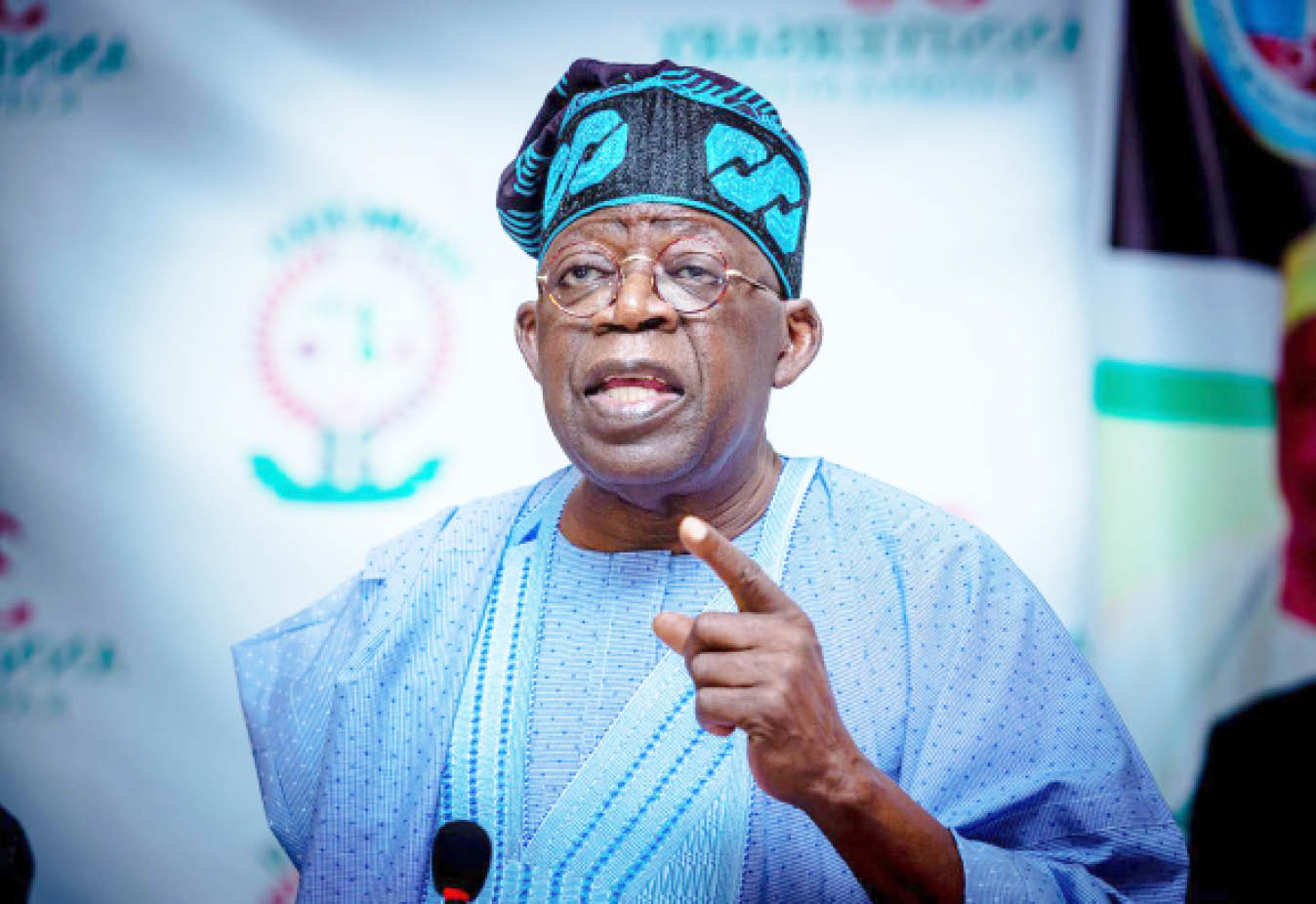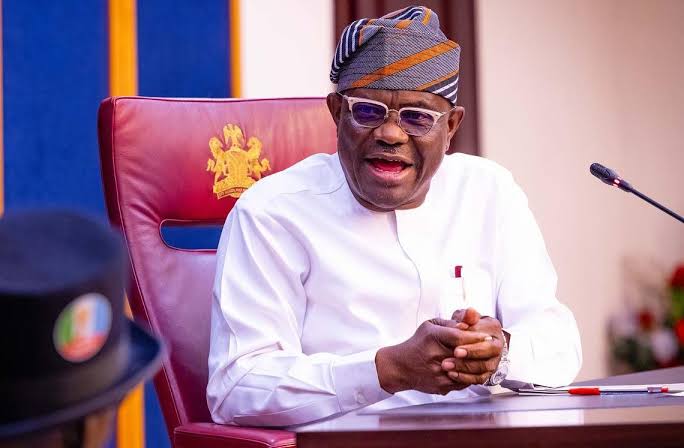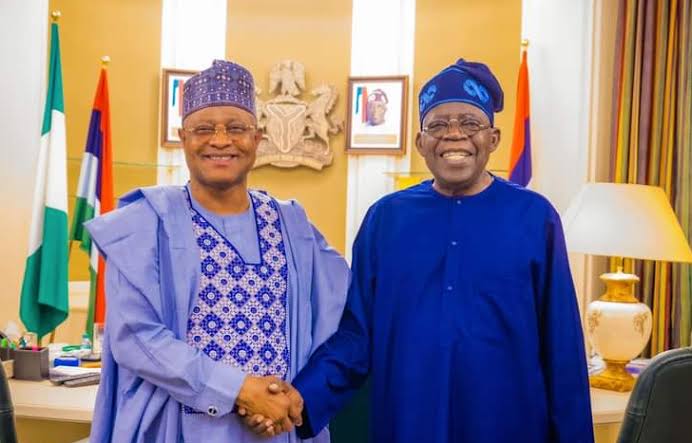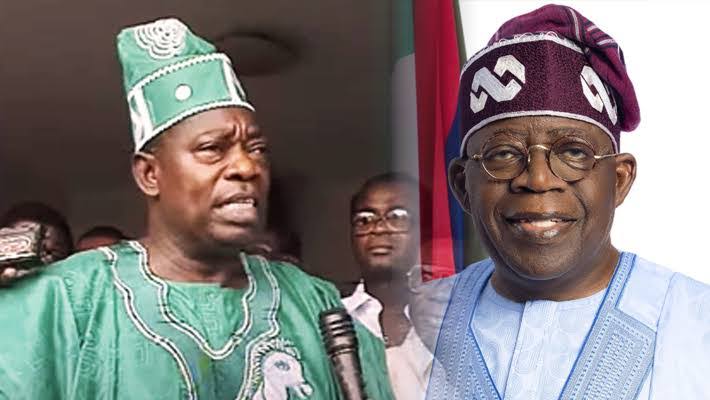Can President Bola Ahmed Tinubu Vote for Himself in 2027? A Looming Question Amidst Administrative Turmoil
As I sit down to pen my thoughts on the potential electoral fate of President Bola Ahmed Tinubu in 2027, I am reminded of the tumultuous period Nigeria has found itself in under his leadership. The damage that this current administration has caused Nigeria is a subject of intense debate and concern among citizens and observers alike. The myriad challenges facing the nation, from economic woes to security issues, have led many to question the effectiveness and popularity of President Tinubu’s administration. In this article, I will explore the implications of these challenges on his potential re-election bid and the strong rejections Tinubu will suffer in 2025, a precursor to the 2027 electoral contest.
The State of Nigeria Under Tinubu’s Leadership
When President Tinubu assumed office, there were high hopes for a revitalized Nigeria, driven by his promises of change and development. However, the reality on the ground tells a different story. The economy has struggled, with rising inflation and unemployment rates. Security concerns have also escalated, with various parts of the country experiencing heightened levels of violence and banditry. These issues have not only impacted the livelihoods of ordinary Nigerians but have also cast a shadow over the administration’s ability to effectively govern.
“Yes, the challenges we face are significant, but it is through addressing these challenges that we can build a stronger, more resilient nation.”
— A sentiment echoed by many in the face of adversity.
The cumulative effect of these challenges is a dwindling public trust in the government’s ability to deliver on its promises. As we approach the 2025 electoral cycle, it’s clear that the political landscape will be significantly influenced by the current administration’s performance. The strong rejections Tinubu will suffer in 2025 are likely to be a harbinger of the challenges he may face in his re-election bid in 2027.
The Strong Rejections Tinubu Will Suffer in 2025
The 2025 electoral contests are crucial as they will set the tone for the national mood heading into the 2027 presidential election. Various state and local government elections will serve as a referendum on the Tinubu administration. Given the current discontent among the populace, it is plausible that the ruling party will face significant opposition, potentially leading to losses in key states. These outcomes will not only reflect the electorate’s dissatisfaction with the current administration but also impact the political calculus for the 2027 elections.
The damage that this current administration has caused Nigeria will likely be a central theme in the 2025 campaigns, with opposition parties capitalizing on the administration’s shortcomings to garner support. As the electorate votes in 2025, they will be sending a signal about their expectations and satisfaction with the current leadership, which will have implications for President Tinubu’s potential re-election bid.
Can President Tinubu Vote for Himself in 2027?
The question of whether President Tinubu can vote for himself in 2027 is, on the surface, a straightforward one. Eligible to vote in Nigerian elections are citizens who are 18 years old, Nigerian by birth, and have resided in the country for a reasonable period. Assuming President Tinubu meets these criteria and is still a Nigerian citizen residing in the country, the legal answer is yes, he can vote for himself.
However, the more pertinent question revolves around his eligibility to stand for re-election and the likelihood of him doing so successfully. The Nigerian constitution sets out the eligibility criteria for presidential candidates, including age, citizenship, and educational qualifications, among others. If President Tinubu meets these criteria, he is constitutionally eligible to run.
The real issue at stake is the political viability of his candidacy given the current mood of the electorate. With the challenges the country is facing, there is a growing sentiment among Nigerians that there is a need for change. This sentiment could potentially translate into a strong opposition to the incumbent’s re-election bid.
As Nigeria hurtles towards the 2027 electoral cycle, the political landscape is poised to be shaped by the current administration’s track record. The damage that this current administration has caused Nigeria is a critical factor that will influence not only the 2025 elections but also the 2027 presidential contest. While President Tinubu may be legally eligible to vote for himself and potentially stand for re-election, the political landscape suggests that his path to victory will be fraught with challenges.
The strong rejections Tinubu will suffer in 2025 will be a significant indicator of his prospects in 2027. As the electorate continues to grapple with the realities of the current administration, the desire for change may become a dominant narrative. For President Tinubu and his party, navigating these challenges will be crucial in determining their electoral fortunes in the years to come.
In the end, the question of whether President Tinubu can successfully vote for himself in 2027 is not just about his legal eligibility but about his ability to win back the trust of the Nigerian people. As the country moves forward, the outcome of this political saga remains to be seen.




